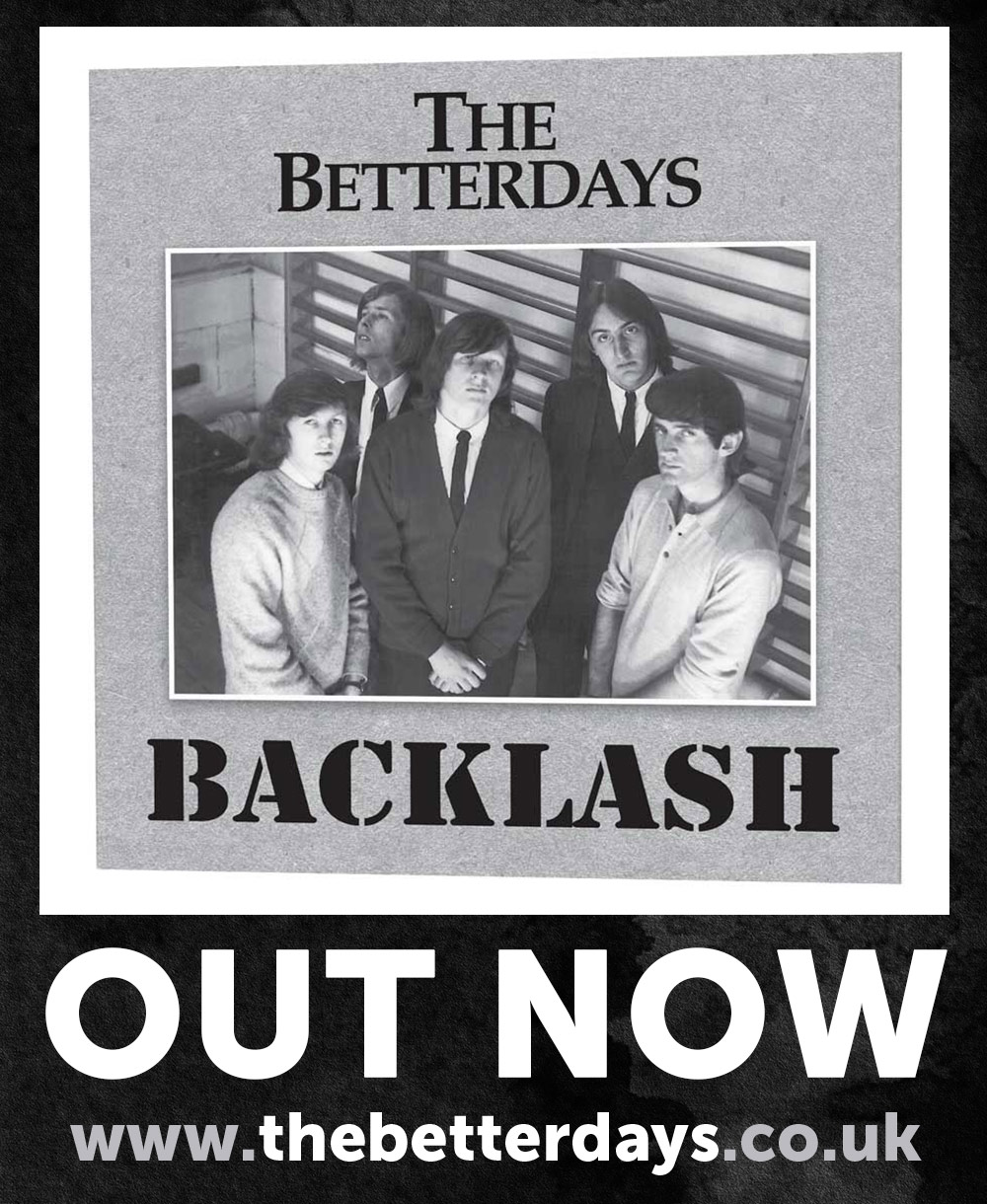 (5 / 5)
(5 / 5)
On paper, an album that features work from Miles Davis, Dave Brubeck, Sun Ra, John Coltrane, Canonnball Adderely, Ornette Coleman along with the likes of Bela Bartok, Claude Debussy, Maurice Ravel, Benjamin Britten, Ravi Shankar and Ali Akbar Khan, may look a bit of a strange brew.
But this three-disc, 40 track set offers up a wonderful window into how the music and musicians of the East have influenced composers across the ages, from classical to jazz and beyond….And continue to do so today.
If you thought Indian music began and ended at Bollywood, then think again and give this collection a listen.
For many their first time of hearing any Indian music or instruments in contemporary music circles was via the sitar legend Ravi Shankar, via The Beatles.
George Harrison said: “Ravi Shankar opened the ears of millions to the wondrous aesthetics of India’s ancient musical tradition.”
David Crosby of The Byrds and Crosby, Stills, Nash and Young said: ““Any player on any instrument, with any ears, would be moved by Ravi Shankar. If you love music it would be impossible not to be.” Shankar is featured in this collection, at his best, on two cuts.
In the fifties, Indian music influenced jazz greats such as John Coltrane, Miles Davis, Dave Brubeck, Eric Dolphy and Ornette Coleman. Inspired by its form and improvisation.
In the 60s, those four mop tops from Liverpool came along and after their pop stuff, began to push the envelope and explore musically and spiritually, which took them to India and then saw them bring back that music to the mainstream in their own work.
Their fascination with the ancient classical music of the subcontinent opened the doors to other contemporary rock and pop artists experimenting with Indian instruments and sounds.
What Ravi Shankar called, “the Sitar Explosion”. For a good while, the sitar or some other element from Indian music was increasingly heard in the background of general texture of recordings by the likes of The Rolling Stones, Traffic, Kinks, Yardbirds and countless more.
The folk-rock genre and bands such as Pentangle, the Incredible String Band, and the guitarist Davy Graham also picked up on it.
American acts such as The Byrds, The Doors, Grateful Dead and Jefferson Airplane and composers Terry Riley, La Monte Young, Steve Reich and Philip Glass also injected a taste of the East into their work.
But the influence goes back even further, to inspire classical composers such as Claude Debussy, Benjamin Britten and Maurice Ravel.
The latter, a composer considered to be the father of Exotica, whose sound world is at the heart of the works of Exotica’s most formidable icons, Les Baxter and Martin Denny, all represented on this set.
The album includes an interesting 32-page booklet, with a lovely back-page shot of George Harrison sat cross legged watching his hero Ravi Shankar teaching him a few licks on Sitar.
It’s an eclectic mix of styles across the three discs, and not an easy job for me to pick out the “standout” tracks, because that’s so subjective and down to personal taste.
I adore Indian music and had the pleasure of meeting Ravi Shankar, and sitting front row in a tiny school lecture theatre for an evening of Ravi on sitar and his pal Kumar Bose on tabla, back in the 1980s.
That night is indelibly imprinted in my mind as a stunning, once in a lifetime experience. My jaw was open for the entire three+ hour performance. Ravi had not long had heart surgery and was staying with an Indian friend, convalescing, in a modest semi-detached house opposite this school in a small Midlands town.
He offered to do this concert as a fund-raiser for his friend’s local charity and I did a double take when I heard about the show and the venue, as news editor on a local newspaper at the time. An advertising rep’ at the ‘paper causally asked me if I had ever heard of Ravi Shankly, or might have been Shanklin!
I said, do you mean Ravi Shankar? She said, is he an Indian musician? Er, just a bit, yes! Well he is doing a show for a friend of mine’s mum at xxxxxx school on xxxxxx. Can you give it some publicity to help sell tickets. It’s for a charity she runs.
I doubt this rep has got it right, but I call this lady and ask if my colleague had given me correct information. Yes, she said. Can you help? Abso-bloody-lutely, thinks I. So I give it some coverage, the show then sells out in a few hours and I am invited to be at the gig.
I say a quick hello to Mr Shankar at this lady’s house a few days before the event, as we want a photograph of him. But he is resting and doesn’t want to have his picture taken. Humble, quiet, gentle man. I am not usually ‘star struck’, but for once I was slightly tongue tied. Legend is an understatement.
All the front rows seats are reserved for VIPs and I was given two of them. Sat feet away from Ravi, who was cross legged on a beautiful antique rug. Accompanied by one of the world’s greatest tabla players.
They played for more than three hours and it was a masterclass – totally breathtaking. But this was a man who had quite recently almost died and was still recovering from open heart surgery! Utterly mesmerising.
Here, he offers up the opening track on disc number one, “Sindhi Bhairavi (Morning Raga)” and track four of the third disc, “Improvisation On The Theme Of Pather Panchali”, with Bud Shank joining him – an American alto sax’ player and flautist, and probably best known for his work with Stan Kenton.
Trane gives us the lovely “Sextet India” and “My Favourite Things”. The Dave Brubeck Quartet delivers “Calcutta Blues”. The song “New Delhi” we get twice, from ‘Cannonball Adderley Quintet Plus’ and from Victor Feldman Quartet.
Ornette Coleman goes for “Lonely woman” while “Milestones” is the offering from the great Miles Davis. “Modal” is worth catching, from Joe Harriott Quintet. As is the gloriously innate “Miyan Ki Malhar (Rainy Season Raga)” from Ustad Vilayat Khan and Ustad Imrat Khan.
Yuseef Latif’s “Love Dance” and “Before Dawn” sit nicely together on disc three. Other notable moments are from Martin Denny, “Moonlight On The Ganges” and the two cuts from Les Baxter’s Orchestra.
Classical corner comes at the end of disc three from Benjamin Britten: “The Prince Of The Pagodas: Water Dances (Excerpt)”, Maurice Ravel and the bizarrely titled: “Little Ugly Girl. The Prince Of The Pagodas”, another Ravel track, “Ondine From Gaspard De La Nuit”, four from Maurice Delage, a brace from Claude Debussy and finally, Bela Bartok’s “Romanian Folk Dances For Piano” closes proceedings.
The album will be an acquired taste for some, and essential listening for others. I am in the latter camp, and could not tire of any of this compilation. I commend whoever put this all together for the record label, and for the wide variety of styles included. Bring on Volume two and beyond……
In the absence of summer festivals in 2020, make yourself a chill out room in your own house, or even a tent in your garden, dim the lights, lay back and let this gorgeous music wash over you like a swim in the balmy warmth of the Ganges.
Last words – in Hindi: उत्कृष्ट कार्य. (Google it!)
By Simon Redley
 (1 / 5) ‘Dull Zone’
(1 / 5) ‘Dull Zone’ (2 / 5) ‘OK Zone’
(2 / 5) ‘OK Zone’ (3 / 5) ‘Decent Zone’
(3 / 5) ‘Decent Zone’ (4 / 5) ‘Super Zone’
(4 / 5) ‘Super Zone’ (5 / 5) ‘Awesome Zone’
(5 / 5) ‘Awesome Zone’





